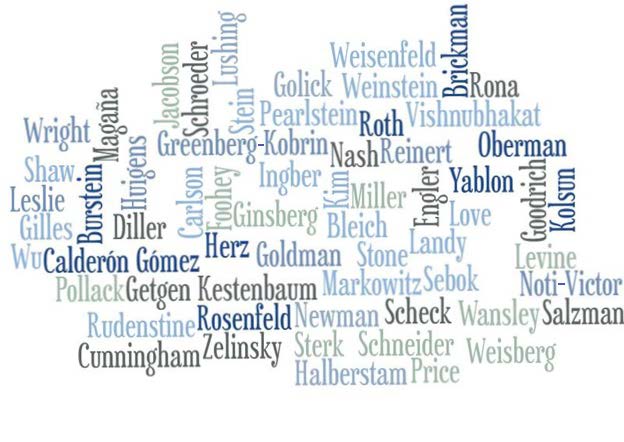Publication Date
Spring 2013
Journal
University of Cincinnati Law Review
Abstract
Much of the study of judicial review of governing institutions focuses on the institutions of public government at the federal, state, and local levels. But the courts' relationship with private government is in critical need of similar examination, and of a coherent framework within which to conduct it. This Article uses the lens of homeowners associations-a particularly ubiquitous form of private government-to construct and employ such a framework. Specifically, this Article proceeds from the premise that judicial deference is less appropriate the more unaccountable a governing institution is, and therefore develops a set of tests for institutional accountability. Applied to the homeowners association, this accountability analysis reveals that the analogy most often resorted to by state courts-that of the corporation-is inappropriate, because homeowners associations and corporations have fundamentally different internal accountability mechanisms. They therefore require different sorts of judicial review. The Article closes by employing the same accountability tests to show that a more fitting deference regime for homeowners associations could be drawn from an analogy to administrative agencies
Volume
81
Issue
3
First Page
839
Last Page
896
Publisher
University of Cincinnati College of Law
Disciplines
Banking and Finance Law | Housing Law | Law | Property Law and Real Estate
Recommended Citation
Michael C. Pollack,
Judicial Deference and Institutional Character: Homeowners Associations and the Puzzle of Private Governance,
81
U. Cin. L. Rev.
839
(2013).
https://larc.cardozo.yu.edu/faculty-articles/515
Included in
Banking and Finance Law Commons, Housing Law Commons, Property Law and Real Estate Commons


